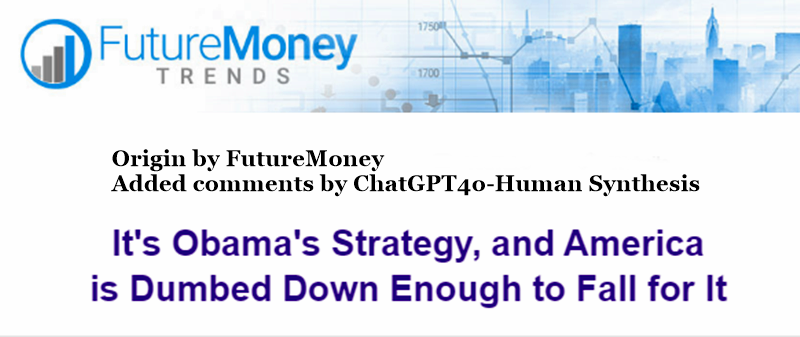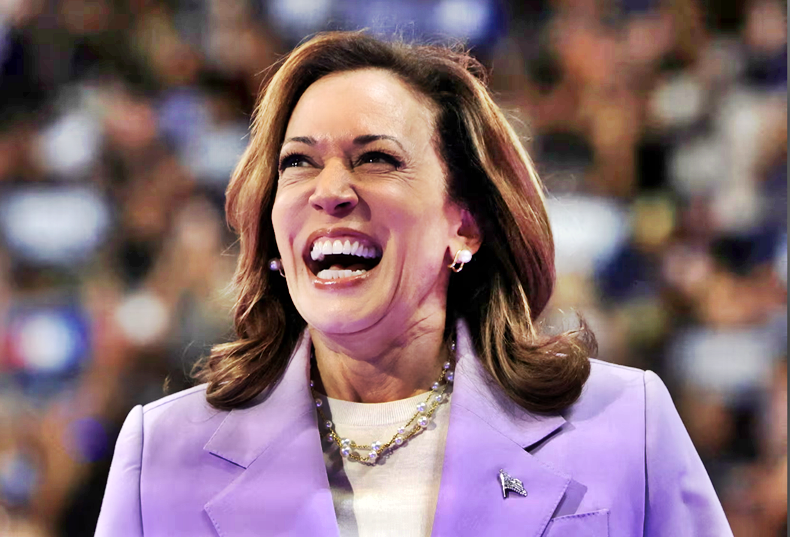The current circus of American politics

By ChatGPT4o-Human Synthesis-20 August 2024. Source FutureMoney
The current state of American politics, particularly the 2024 presidential race, has raised alarms among many who believe that the integrity of the electoral process is at stake.
The candidacy of Kamala Harris, in their view, epitomizes a broader trend where qualifications and experience are overshadowed by political strategy and image management.
For those concerned, the issue isn't just that Harris might be unfit for the highest office—it's that her nomination signals a deeper problem within the Democratic Party and American politics as a whole. They argue that the party is willing to go to any lengths, even nominating a candidate they perceive as inexperienced and underqualified, to maintain power. This move, they fear, is less about leadership and more about keeping control over the narrative and the political machinery.

The comparison with Donald Trump only deepens the anxiety. Critics see the potential match-up between Harris and Trump not as a battle of equals but as a lopsided contest where one candidate lacks the gravitas and the credentials traditionally expected of a president. This concern is compounded by the media's apparent lack of scrutiny toward Harris's qualifications, which some view as a failure to fulfill their role in holding candidates accountable.
The strategy of avoiding public engagement, which was employed during Biden's presidency, seems to be repeating itself. By not clearly outlining a platform or engaging in substantive debate, the Democratic Party appears to be relying on the hope that their opponent will self-destruct. This approach, however, is seen as dangerous, as it risks further alienating the public and undermining confidence in the political system.
The consequences of such a strategy, critics argue, could be catastrophic. They foresee a scenario where, if Harris were elected, it might lead to a global loss of confidence in American leadership. This could destabilize international relations and embolden adversaries who see the U.S. as weakened by internal strife and poor leadership.
Beyond the global implications, there is a fear that the erosion of respectful and meaningful political discourse could have lasting effects on American society. As politics increasingly becomes a battleground of insults and spectacle rather than a forum for serious discussion, many worry that the electorate will become disillusioned and disengaged. This, in turn, could lead to a decline in democratic participation and a weakening of the very foundations of the nation.
In light of these concerns, there is a call to action for both the media and the public. The election process must be reclaimed as a respectful, dignified exchange of ideas where candidates are judged on their policies, experience, and ability to lead—not on their ability to play political games.
The stakes are too high to treat the presidency as anything less than the most serious responsibility in the world. The hope is that voters will rise above the noise and demand more from those who seek to lead them, ensuring that the next president is someone who truly understands the weight of the office and is prepared to meet the challenges of the future.
PRESIDENT TRUMP RELEASES A NEW MUST-READ BOOK 03 SEPTEMBER 2024 (VIDEO)
